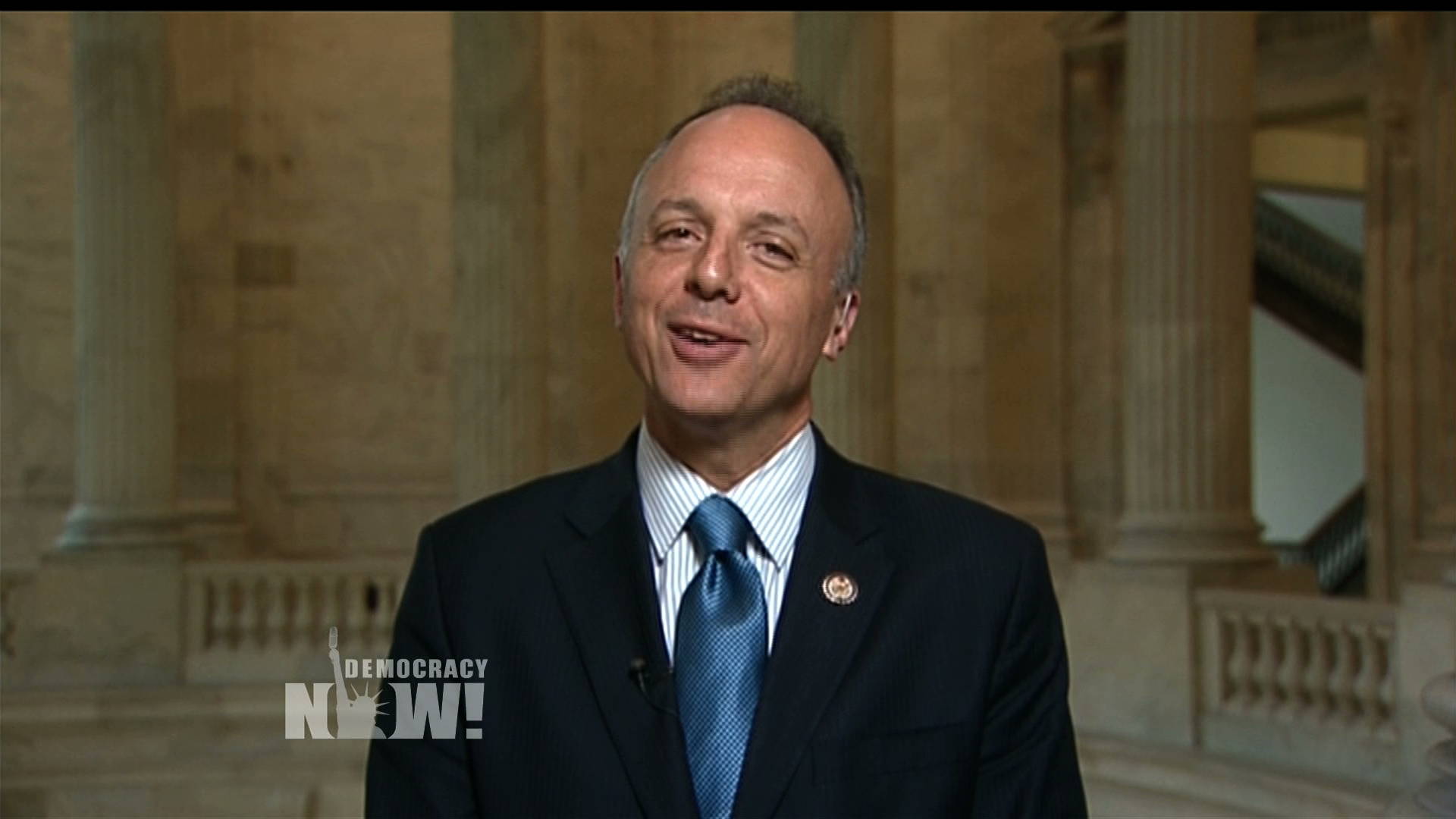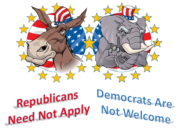At a recent town hall meeting in his district, Representative Ted Deutch (D-FL) renewed his perennial call to amend the Constitution to give incumbent politicians unprecedented power to regulate any money raised or spent “to influence elections.”
Of course, money spent for the purpose of influencing elections is primarily money spent on speech. And presumably, those in power would determine what speech qualifies as an attempt “to influence elections.” When left to the discretion of politicians, this could mean anything from an ad expressly advocating for the election or defeat of a candidate, to an educational pamphlet on a policy issue that may be relevant to the current election, or a nonpartisan voter guide.
The stated goal of Deutch’s constitutional amendment is to overturn the Supreme Court’s 2010 decision in Citizens United, which said that the government cannot limit spending on independent speech about candidates from corporations, labor unions, and trade associations.
According to Deutch, this decision has caused immense harm to American democracy because “[t]hese powerful special interests can come into a race and spend against any candidate who steps out of line.”
Understandably, no candidate particularly likes it when a group of citizens spends money on speech in opposition to their candidacy. But that doesn’t mean that such speech is bad for democracy, and it certainly doesn’t mean that the politicians currently in power should have the ability to regulate and limit that speech.
The implications of granting Congress and state legislatures the authority to “regulate and set reasonable limits on the raising and spending of money” by any group that speaks about candidates or elections should be obvious.
If this amendment were included in the Constitution, the First Amendment would no longer prevent a Republican-controlled Congress from limiting the advocacy efforts of the Sierra Club or Planned Parenthood. Likewise, a Democratic-dominated state legislature could effectively silence the NRA and Chamber of Commerce in their state.
Rep. Deutch’s rhetoric attacks Citizens United, but his true target is the constitutional basis for that decision: the First Amendment. In order to achieve his regulatory policy goals, Deutch believes there must be an amendment that gives Congress the power to do precisely what the First Amendment prevents Congress from doing.
The fact that any elected official has even mentioned tampering with the First Amendment is cause for concern for anyone who cares about freedom of speech or civil liberties in general. Even more concerning is the fact that Deutch’s proposal has 96 co-sponsors in the House. The Senate version of the proposal, introduced by Senator Tom Udall (D-NM), has 38 co-sponsors. (This is not the first time that Senator Udall has proposed gutting the First Amendment.)
The Bill of Rights was drafted with the express purpose of preserving the liberties of the people and limiting what the government may do in this context. At its core, Deutch’s proposal is an assault on one of the first freedoms among those Rights. It is an attempt to increase governmental power and reduce political freedom.
The sponsors of this measure somehow believe that they are saving democracy by granting Congress and the states virtually unlimited authority to regulate – or silence – any speech that falls within the alarmingly vague category of speech that “influences elections.” The idea that democracy is best preserved by limiting the freedom most essential to its flourishing is beyond nonsensical. It is dangerous.
Fortunately, it is very difficult to amend the Constitution, and Deutch’s proposal will not come close to gaining the necessary support required to pass. But the mere mention of a power grab such as this from someone elected to uphold the Constitution should be cause for serious concern.














